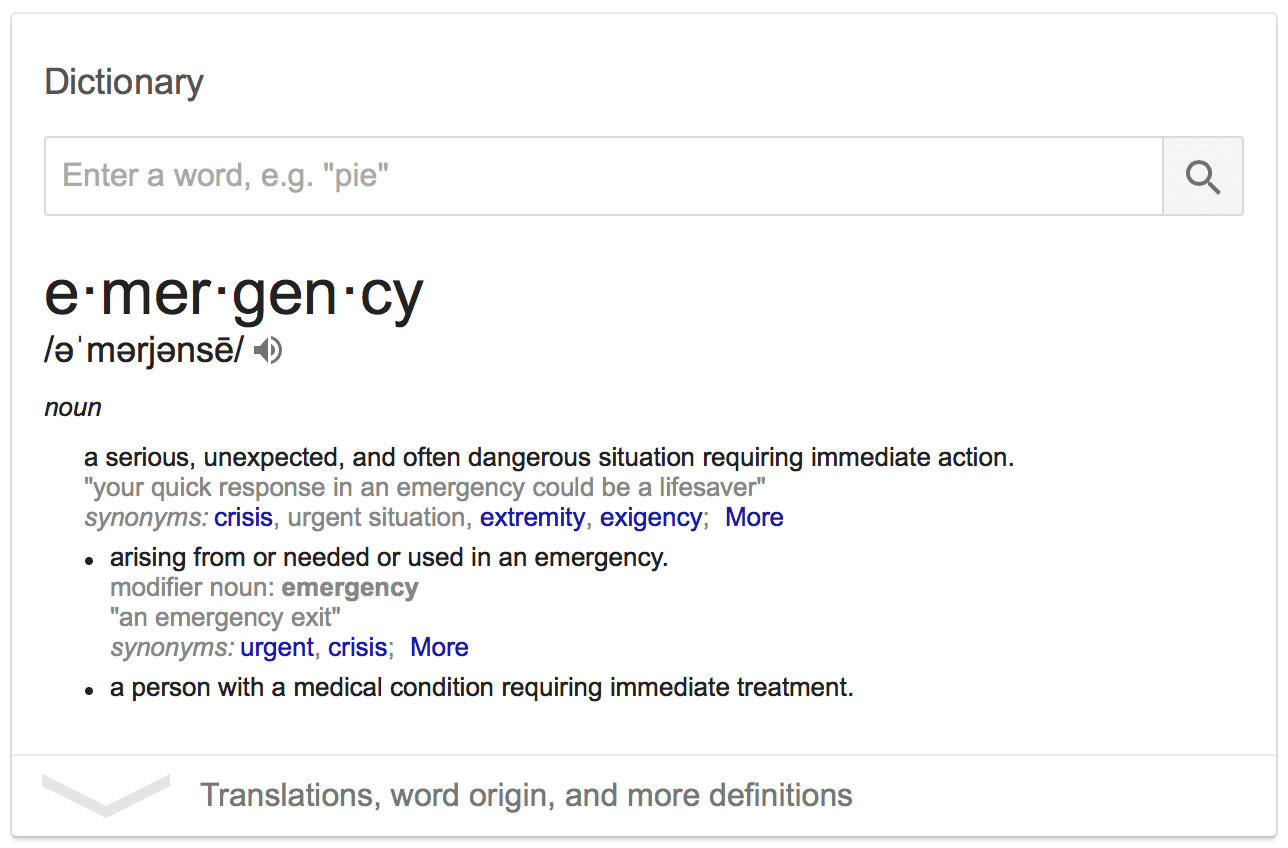
Table of Content
The following is a special post from our parent blog, The Money Talk. Consider this a sneak peek, then bookmark www.bkmoneytalk.com to read all of the parent-minded posts moving forward!
You’re seeing them everywhere: reminders that your little baby isn’t a baby anymore. The teenage years are in full swing, and worries swirl endlessly. Among them: the increasing frequency with which they’re out of your sight. What if they get stranded, you worry. What if they need money to get out of a sticky situation? Alas, the appearance of the “emergency credit card” in wallets, purses, and backpacks across America. But how do you communicate what exactly an “emergency” is? And how do you handle misuse?
First, Lay the Ground Rules
Get ready to define “emergency.” Here’s how Google defines it:

“A serious, unexpected, and often dangerous situation requiring immediate attention.” Let’s break that down. Serious: this is no trivial matter. This is not a strong desire for a good deal, but something of consequence. Unexpected: this is an important distinction. There are plenty of serious needs that can be anticipated, such as a need for gas in a car after driving for hours on a planned road trip. Requiring immediate attention: it can’t wait! Anything that can wait should come after a conversation. A true emergency can’t. So, to recap: an emergency is something that can’t wait, isn’t trivial, and can’t be planned out. But how do you enforce such a definition?
Next, Enforce the Law
In the business world, discipling for misuse of a credit card is simple: the card gets taken away after a certain number of misuses. But in a family, such a consequence can feel nonsensical. If a true emergency arises, they could be left without resources, right? There is a point at which the privilege of mom and dad’s safety net should be revoked. But until that point is reached, here are some other steps to take. First, if the use of the card was a genuine mistake (such as misplacing their own card, or reaching for the wrong piece of plastic) put them in charge of correcting the error. Perhaps this requires next-day repayment, or a simple Venmo of funds. But if deception enters the picture, such as trying to sneak expenses onto your account without notice, discipline your child as you would for any other kind of lie. Perhaps that involves being grounded for a weekend, or having phone privileges revoked.
Celebrate Honesty to Keep Communication Lines Open
For all the discussion of definitions and misuse, we must remember that at some point, there may come a time where a true emergency happens. If and when it does, you’ll want a couple of things to happen: a reminder that the card can be used, and confidence that using it, rather than, say, get in the car with a friend who just had a couple of beers, is the correct path to take. But in such a moment, another hesitation can arise: tomorrow’s talk about what took place. This is a tricky one. As a parent, you need to be aware of the social lives of your teens. But you also don’t want to create such a severe consequence for honesty that they opt to lie or, worse, to just take a risk on getting in the car to avoid a difficult conversation. One strategy: have a reduced set of consequences for honesty, and a more severe set for deception or cover up. Ideally, the result will be an emergency credit card that isn’t touched until a true emergency arises, but is used with confidence when need be.

